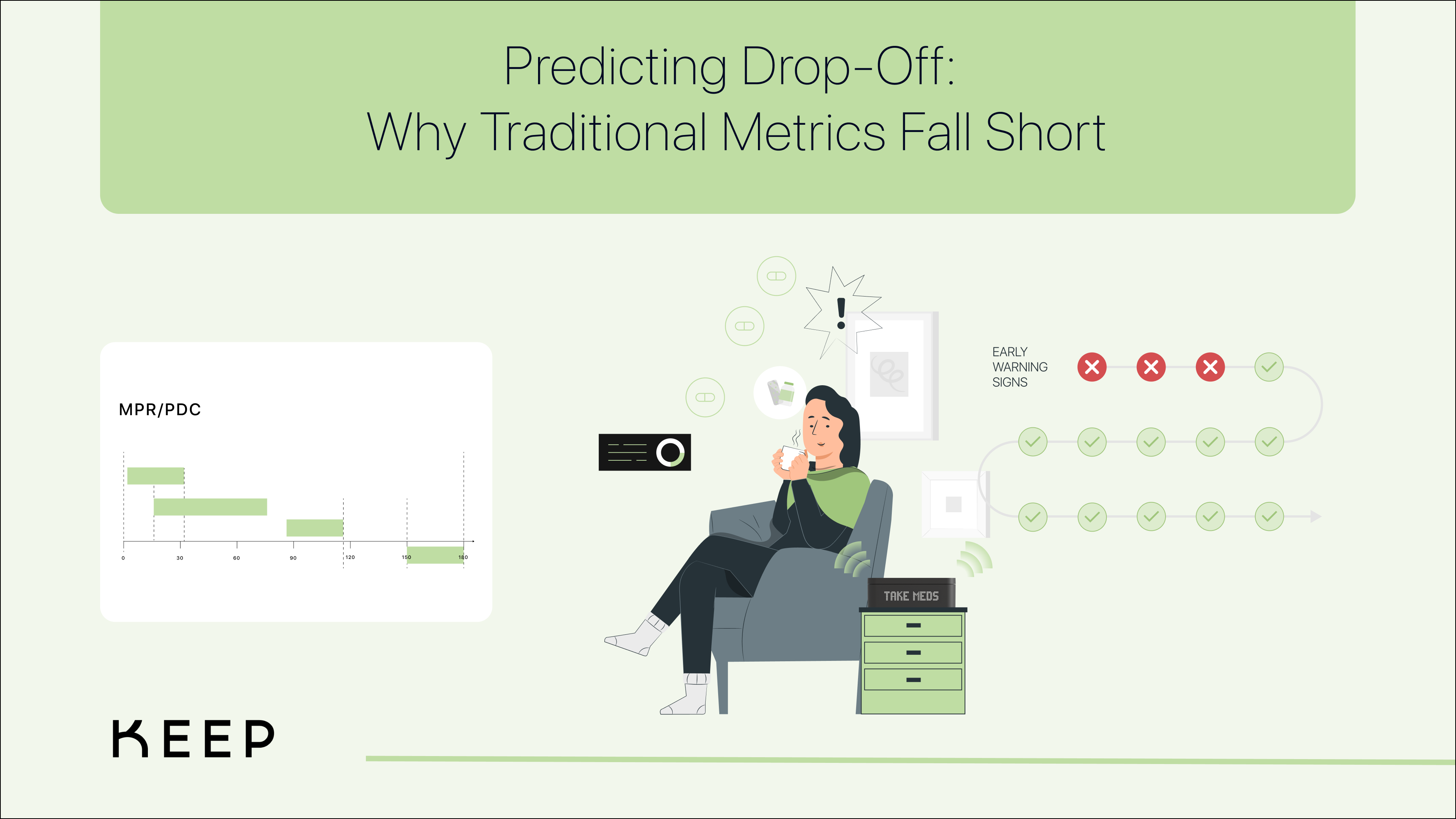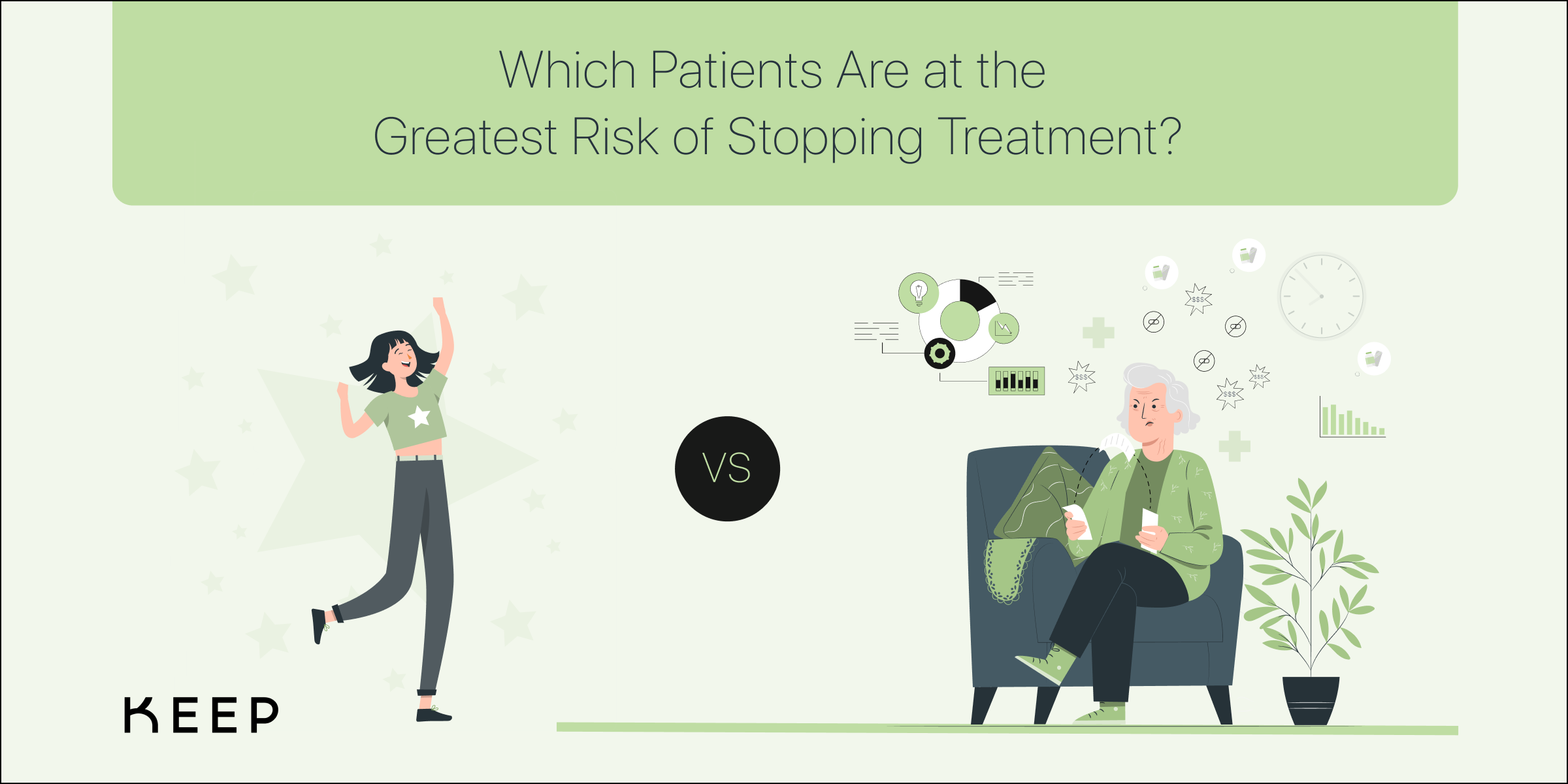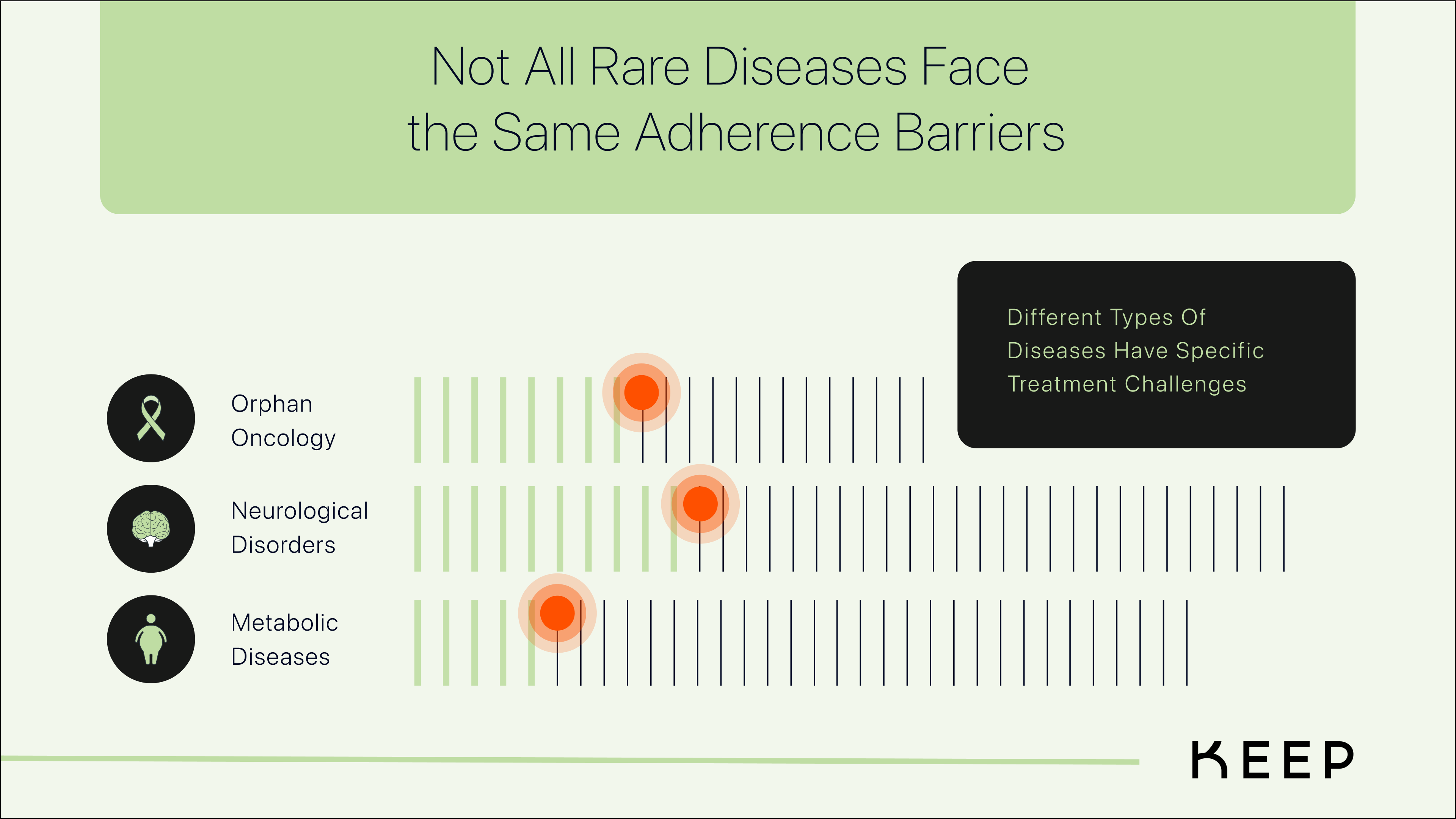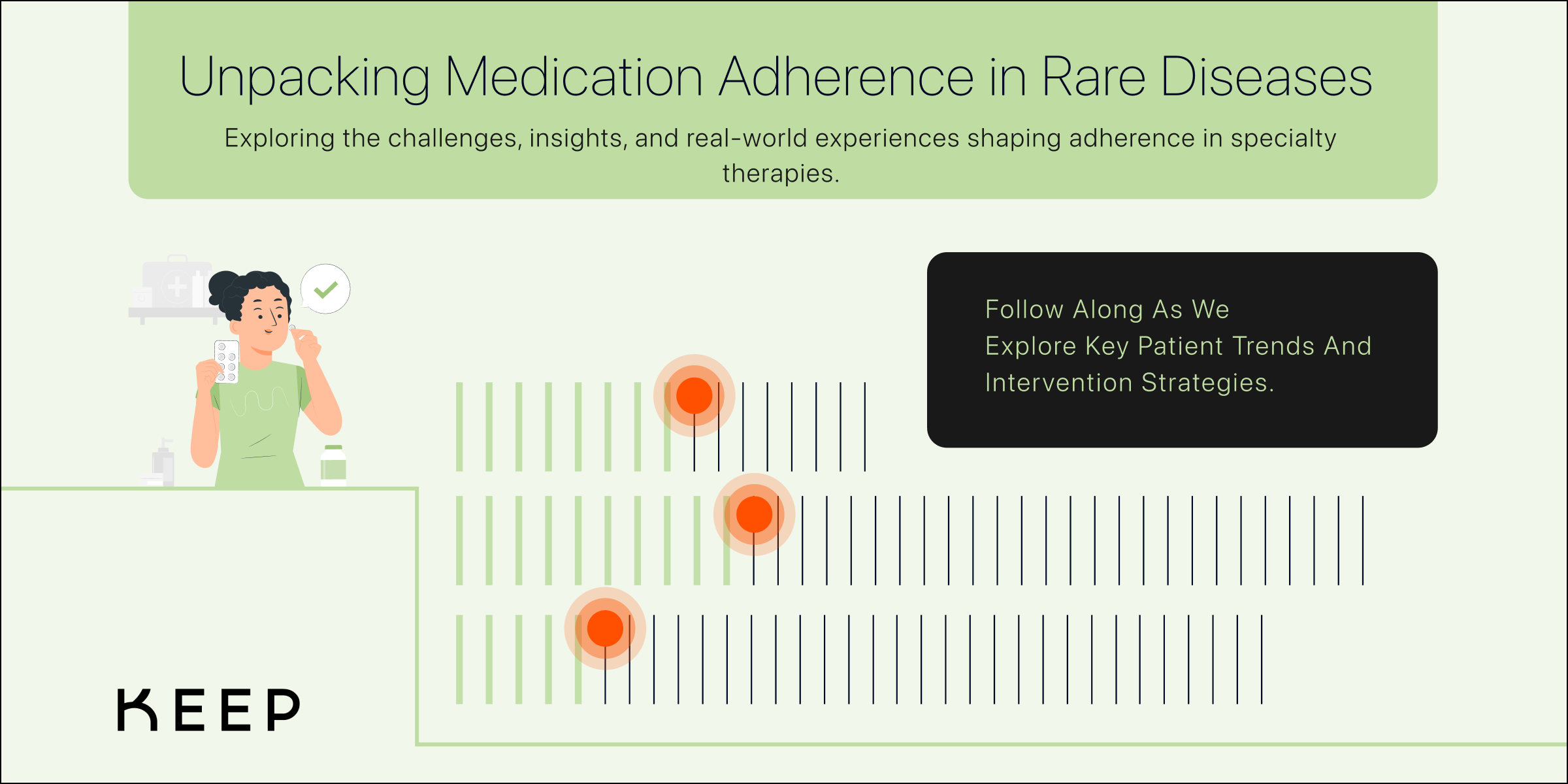September is World Alzheimer’s Month, a disease that affects millions of individuals worldwide, placing immense emotional, physical, and logistical burdens on both patients and caregivers. The journey can be overwhelming, and caregivers often face the challenge of managing the complexities of care, especially as cognitive decline progresses. Fortunately, advancements in technology are offering new ways to improve the quality of life for those with Alzheimer’s, as well as those who care for them.
At KEEP, we understand the profound challenges Alzheimer’s presents. That’s why we’ve designed our Circle of Care feature—to offer a support system where technology and community merge to make medication management easier and more connected. This approach is particularly meaningful for Alzheimer’s patients and their caregivers, who often manage complex medication regimens and need real-time insights to ensure safety and consistency.
The Role of Caregiving in Alzheimer’s Disease
As Alzheimer’s progresses, caregivers become central to managing the patient’s daily life—ensuring that they take their medications on time, stay safe, and remain as independent as possible. For many caregivers, balancing this responsibility with other aspects of life can be stressful. Missed medications, the need for constant reminders, and concerns about safety are all common issues.
However, caregivers don’t have to feel alone in their journey. The key is creating a network of support—a Circle of Care—that combines family, friends, healthcare providers, and smart technology to alleviate the pressure of constant caregiving.
Circle of Care: A Lifeline for Alzheimer’s Patients and Caregivers
The Circle of Care feature offered by KEEP empowers caregivers to manage their loved ones’ medication routines seamlessly. By integrating real-time notifications, health tracking, and medication monitoring into one intuitive platform, caregivers can create a virtual circle of supporters who can step in when needed, monitor adherence, and intervene early when there are issues. Here’s how Circle of Care can be particularly impactful for Alzheimer’s management:
- Real-Time Medication Reminders
Patients with Alzheimer’s often struggle to remember their medication schedules. With Circle of Care, caregivers and supporters can set up real-time reminders to ensure that patients never miss a dose, regardless of their location. - Shared Responsibility Across Care Networks
One of the most beneficial aspects of Circle of Care is that it allows multiple people to take part in monitoring medication. This distributed approach reduces the burden on a single caregiver and ensures someone is always available to help. - Peace of Mind with Tamper-Proof Security
Alzheimer’s patients may sometimes forget if they’ve already taken their medication, leading to overuse or misuse. With KEEP’s secure smart medicine cabinet, caregivers can rest assured knowing that medications are stored safely and that dosing events are tracked accurately. - Customizable Notifications for Care Teams
Circle of Care enables caregivers to receive tailored notifications regarding medication adherence, missed doses, or even device tampering. The system can be set up to alert not only the primary caregiver but also other members of the support network, ensuring that someone is always informed. - A Support System for Caregivers Themselves
Caregivers need support, too. The Circle of Care helps alleviate the emotional stress by creating a shared responsibility for the patient’s health, giving caregivers the space to focus on their well-being while still being involved in their loved one’s care.
- Real-Time Medication Reminders
Circle of Care: A New Way to Stay Connected
Technology That Connects, Empowers, and Eases the Journey
While Alzheimer’s disease presents undeniable challenges, innovations like Circle of Care offer solutions that make caregiving less burdensome and more connected. By creating a network of supporters around the patient and offering real-time insights into medication management, Circle of Care provides peace of mind and safety to both caregivers and patients.
At KEEP, we believe that living with Alzheimer’s doesn’t mean living in isolation or confusion. With the right tools and the right support, patients and caregivers can take control of their health journey, together.






